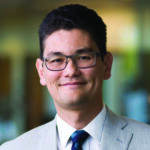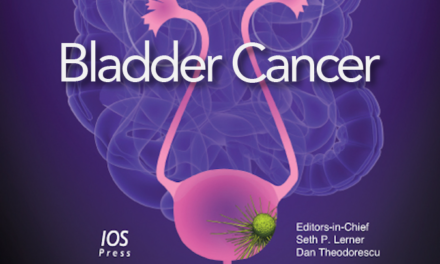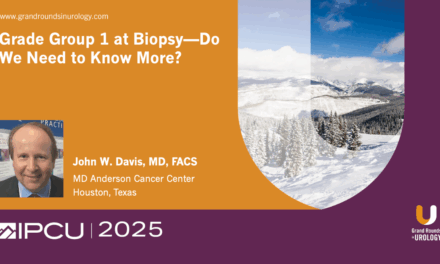Alan H. Bryce, MD, presented “Point-Counterpoint: Neoadjuvant Chemotherapy Prior to Cystectomy – Con” during the 29th Annual Perspectives in Urology: Point-Counterpoint, on November 18, 2021, in Coronado Island, San Diego, California.
How to cite: Bryce, Alan H. “Point-Counterpoint: Neoadjuvant Chemotherapy Prior to Cystectomy – Con.” November 18, 2021. Accessed Dec 2025. https://grandroundsinurology.com/point-counterpoint-neoadjuvant-chemotherapy-prior-to-cystectomy-con/
Point-Counterpoint: Neoadjuvant Chemotherapy Prior to Cystectomy – Con
Taking the con side in a point-counterpoint debate, Alan H. Bryce, MD, Medical Director of the Genomic Oncology Clinic at Mayo Clinic Arizona in Scottsdale, argues that offering neoadjuvant chemotherapy (NAC) to patients with invasive bladder cancer prior to radical cystectomy (RC) may not always be the appropriate decision. He begins by considering what the debate even is, explaining that the NCCN considers NAC followed by radical cystectomy a category 1 recommendation based on high level data. Meanwhile, Dr. Bryce notes, adjuvant chemotherapy is only considered a category 2A recommendation. However, he continues, the NCCN guidelines also mention that patients with “hearing loss or neuropathy, poor performance status, or renal insufficiency may not be eligible for cisplatin based therapy,” and if “cisplatin based therapy cannot be given, neoadjuvant therapy is not recommended.” Dr. Bryce also argues that while clinical trial data strongly favors NAC, real-world patient populations are different from trial populations. He cites a study based on real-world data which found that the patients in the SWOG trial of NAC were younger and fitter compared with national numbers, and which found the survival benefit with NAC to be slight in retrospective data. Additionally, Dr. Bryce observes that about 33 to 41% of patients are ineligible for cisplatin due to their baseline renal function status. He notes that those patients might benefit from adjuvant chemotherapy, but acknowledges there have been few randomized controlled trials in this setting. Dr. Bryce then highlights toxicity issues related to NAC, including increased creatinine, decreased neutrophil, peripheral sensory neuropathy, and tinnitus. He concludes that because real-world patients are older and have more comorbidities than trial populations, NAC perhaps should not be used as widely as guidelines indicate.
Watch Dr. Amirali Salmasi present the pro side of this debate here.
About the 29th Annual Perspectives in Urology: Point Counterpoint conference:
Presented by Program Chair and Grand Rounds in Urology Editor-in-Chief E. David Crawford, MD, this conference brought together leading experts in urology, medical oncology, and radiation oncology to discuss and debate the latest topics in genitourinary cancers, primarily prostate cancer and bladder cancer. This interactive conference offered topical lectures, pro/con debates, interesting-case presentations, interactive panel discussions, and interactive audience and faculty networking.
ABOUT THE AUTHOR
Alan H. Bryce, MD, is a Medical Oncologist and Chief Clinical Officer at City of Hope in Phoenix, Arizona. Dr. Bryce holds an appointment as a Professor with the Department of Medical Oncology & Therapeutics Research and as a Professor of Molecular Medicine at Translational Genomics Research Institute (TGen), both a part of City of Hope.





